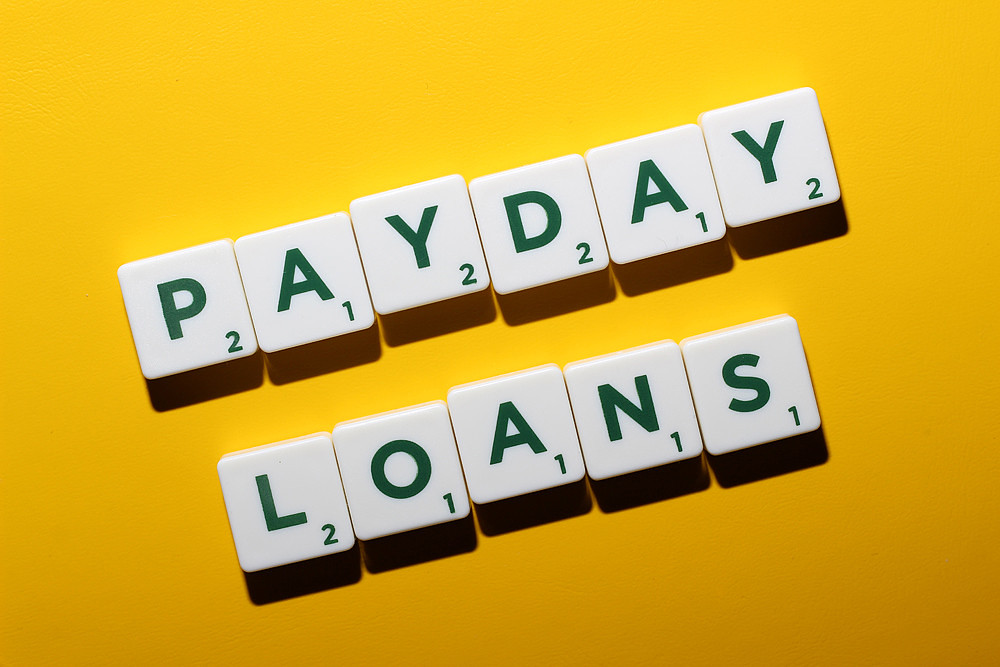Payday loans are typically unsecured loans, which means that they are not backed by collateral like a car or a house. The loan amount is usually based on the borrower’s income and ability to repay the loan, rather than on their credit history or other financial factors.
Payday loans are often marketed as a convenient solution for short-term financial needs, such as unexpected expenses or temporary cash flow problems. However, due to their high interest rates and fees, payday loans can quickly become expensive and difficult to repay, especially for individuals living paycheck to paycheck.
In addition to the high cost of borrowing, payday loans can also have negative consequences on a borrower’s credit score and financial stability. For example, if a borrower is unable to repay the loan on time, the lender may report the missed payment to credit bureaus, which can lower the borrower’s credit score and make it harder to obtain credit in the future.
Furthermore, some payday lenders have been accused of predatory lending practices, such as misleading or deceptive advertising, and aggressive debt collection tactics. Therefore, it’s important for individuals considering a payday loan to carefully research the lender and their terms and conditions before taking out a loan, and to consider alternative sources of credit, such as credit unions or small personal loans.
Cost of Payday loan:
The cost of payday loans can be very high, primarily due to their high interest rates and fees. Here are some common costs associated with payday loans:
- Interest rates: Payday loans can have annual percentage rates (APRs) that can exceed 400%. The interest rate is typically charged as a flat fee per $100 borrowed, and the borrower is required to pay the full amount back on their next payday.
- Fees: In addition to interest rates, payday loans often come with fees, such as origination fees, application fees, and late payment fees. These fees can add up quickly, making the cost of borrowing even higher.
- Rollover fees: If a borrower is unable to repay the loan on time, the lender may offer to extend the loan term, known as a rollover. However, this can come with additional fees and interest charges, making the loan even more expensive.
- Bank overdraft fees: If a borrower writes a post-dated check to the lender and does not have enough funds in their account to cover the check on the due date, the bank may charge overdraft fees, adding to the overall cost of the loan.
Overall, the high cost of payday loans can make them a very expensive form of borrowing, particularly for individuals who are already struggling financially. Therefore, it’s important to carefully consider the costs of borrowing before taking out a payday loan, and to explore alternative sources of credit, such as personal loans or credit union loans, which may have lower interest rates and fees.
